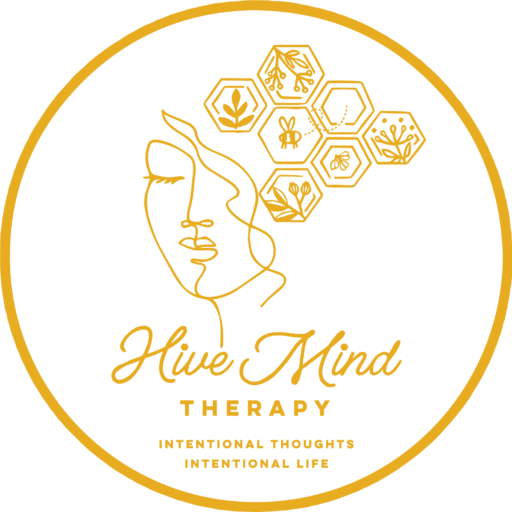In the intricate dance of relationships, mental health plays a pivotal role in shaping the dynamics between individuals. The impact of mental well-being on relationships cannot be overstated, as it influences communication, understanding, and overall harmony. This blog post explores the transformative power of individual and couple’s therapy, emphasizing the importance of proactive engagement to foster change and growth.
Individual Therapy:
Embarking on a journey of self-discovery through individual therapy is a courageous step toward nurturing mental health. In the context of relationships, understanding one’s own thoughts, emotions, and triggers is paramount. The work done in individual therapy becomes the foundation for building healthier connections with others.
Couple’s Therapy:
Couple’s therapy acts as a catalyst for mutual growth and understanding. It provides a safe space to explore communication patterns, address conflicts, and enhance emotional intimacy. It’s crucial to recognize that change within a relationship requires active participation from both partners. Simply showing up is not enough; genuine commitment to the process is key.
The Work:
Change does not happen passively. It requires dedication, effort, and a willingness to confront uncomfortable truths. The work involved in therapy includes self-reflection, communication exercises, and implementing practical strategies learned during sessions. It’s an ongoing process that demands commitment from each individual in the relationship.
Medication as a Supportive Tool:
In some cases, medication may be recommended as a complementary tool to therapy. Consulting with a mental health professional about potential medications can aid in managing symptoms that might be hindering progress. However, it’s important to view medication as part of a holistic approach rather than a standalone solution.
Support Groups:
Joining support groups can provide additional encouragement and a sense of community. Sharing experiences with others who are navigating similar challenges can foster empathy, understanding, and a valuable exchange of coping strategies. These groups can complement the work done in therapy and offer ongoing support.
Seeking New Perspectives:
Sometimes, a fresh perspective is needed to break through the challenges in a relationship. Reaching out to genuine friends or confidantes can provide insights that may not have been considered. Being open to alternative viewpoints can broaden the understanding of the issues at hand and pave the way for constructive problem-solving.
Embracing Change:
To truly transform a relationship, individuals must be open to new ways of perceiving and processing information. This requires flexibility, adaptability, and a commitment to growth. Embracing change may involve adjusting communication styles, revisiting expectations, and fostering a deeper emotional connection.
Conclusion:
Nurturing mental health in relationships is an ongoing journey that requires dedication and active participation. Individual and couple’s therapy, combined with a willingness to do the necessary work, can bring about positive change. Whether through medication, support groups, or seeking new perspectives, embracing a holistic approach to mental well-being enhances the foundation upon which healthy and fulfilling relationships are built.

